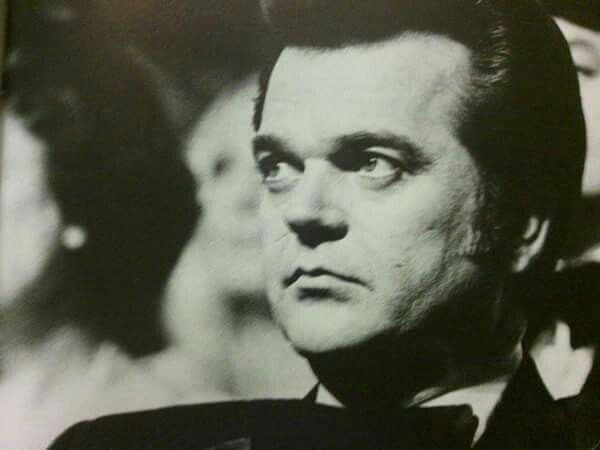
A quiet confession of heartbreak that turns sorrow into a profoundly human truth.
When Conway Twitty released “To See My Angel Cry” in 1969, the single rose steadily up the country charts, becoming one of the key early moments that cemented his transition from rock ’n’ roll crooner to full-fledged country storyteller. Issued as a standout track on his album To See My Angel Cry, the song showcased a new depth in Twitty’s artistic voice—an emotional intimacy that would soon define his legendary run through the 1970s. Its chart success was not merely commercial; it marked a shift in his creative identity, signaling to listeners that he had found a home in country music where vulnerability was not only accepted but revered.
At its core, “To See My Angel Cry” is a study in emotional disarmament. Rather than leaning on grand narrative gestures or dramatic plot, Twitty constructs a miniature portrait of heartbreak—quiet, unadorned, almost painfully direct. The song does not recount the breakdown of a relationship as much as it lingers in the moment just after the fracture, when the world is unbearably still and every breath feels like an echo. Twitty’s genius lies in how he frames the anguish: not as anger, not as regret, but as the unbearable sight of a loved one’s suffering. It is heartbreak seen through the eyes of someone who realizes too late that love’s most devastating wound is the one reflected back at you.
The lyrical architecture is deceptively simple. Each line unfolds like a slow exhale, revealing deeper layers of remorse and helplessness. Twitty’s vocal delivery carries the weight of lived experience—rich, grainy, and trembling with an internal ache he never embellishes. This restraint is where the song draws its power. Rather than exploding into catharsis, it settles into the kind of sorrow that lingers for years, the kind remembered in quiet rooms and late-night reflections. The arrangement, built around gentle guitar lines and steady percussion, creates the sonic equivalent of dim light through a window: warm enough to soften the hurt, but clear enough to reveal everything.
The cultural legacy of the song endures because it captures something universal—the moment you realize that love’s deepest heartbreak isn’t the moment you are wounded, but the moment you witness the one you care for unraveling under the weight of your mistakes. It is a truth country music has always understood well, and Twitty delivers it here with the wisdom of a man who has lived long enough to fear the silence between two people more than the shouting.
“To See My Angel Cry” remains one of Twitty’s most poignant testaments to the quiet devastation of love, a piece of emotional craftsmanship that still speaks to anyone who has ever stood helplessly before someone they never meant to hurt.